Where do the funds for compensation for the wrongly convicted come from? This is one of the issues that public opinion raises the most through a number of wrongful judged cases such as the case of Nguyen Thanh Chan (Bac Giang), Huynh Van Nen (Binh Thuan), Han Duc Long (Bac Giang), etc. and most recently the case of two people in Vinh Phuc asking the Provincial People's Procuracy to compensate VND 38 billion.
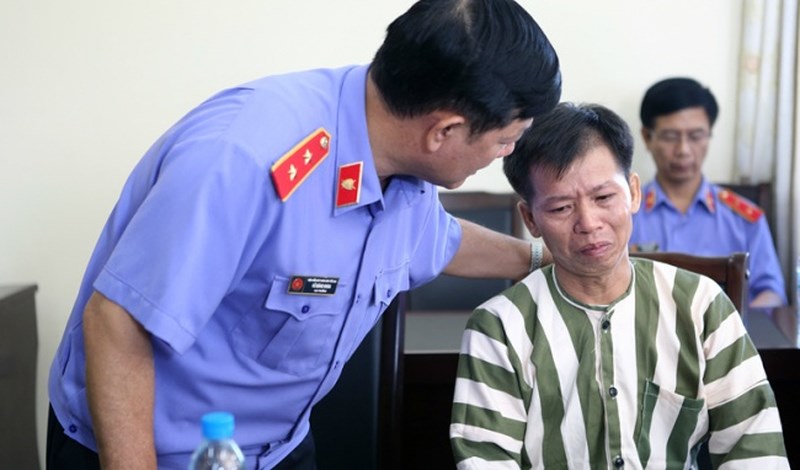
Compensation for wronged persons means that the State must compensate people for material and mental losses caused by people performing official duties, according to current regulations which falls within the scope of the State's compensation liability as stipulated in the Law on State Compensation Liability 2017 of Vietnam.
Specifically, according to Article 60 of the Law on State Compensation Liability 2017 of Vietnam:
1. The State shall allocate a state budget fund to fulfill the state's compensation liability. The compensation funding includes:
a) Damages for the sufferer;
b) Expenses associated with asset valuation and damage examination.
2. If the compensation body is allocated an operational fund from the central budget, the compensation funding shall be covered by the central budget.
3. If the compensation body is allocated an operational fund from the local budget, the compensation funding shall be covered by the provincial budget.
4. The Ministry of Finance and the Service of Finance shall have to promptly and adequately allocate compensation funds.
Thus, according to this regulation, it can be seen that when there is a wrongful conviction, the State must allocate funds to compensate people even though it is certain that any type of compensation will be condemned by public opinion.
Wrongful compensation money is taken from the state budget. Reimbursement obligation of responsible law enforcers is specified in Article 64 of the Law on State Compensation Liability 2017, specifically as follows:
Article 64. Reimbursement obligation of responsible law enforcers
1. Law enforcers who are at fault in causing damage are obliged to reimburse to the state budget partly or wholly the amount of damages already paid to the sufferers under decisions of competent agencies.
2. Where multiple law enforcers jointly have caused damage, such persons shall be obliged to pay correspondingly to the extent of their faults and damages paid by the State.
According to this regulation, when the state wrongfully compensates the people, the person performing public duties at fault (ex: investigator, prosecutor, etc.) and causing the damage must repay part or all of the money the state spent to compensate the people.
Grounds for determination of reimbursed amounts comprise: the degree of fault of law enforcers and the amount paid by the State.
According to Clause 2 Article 65 of the Law on State Compensation Liability 2017, if a law enforcer causes damage, the refund shall be determined as follows:
a) If the law enforcer caused damage with intentional fault and a judgment which states that he/she committed a crime, he/she has to refund all the money already paid by the State to the sufferer;
b) If the law enforcer caused damage with intentional fault but not to the extent of being prosecuted for penal liability, his/her 30 to 50 months’ pay rate shall be refunded at the time the refund decision is issued but not exceeding 50% of the amount of damages paid by the State;
c) If the law enforcer caused damage with unintentional fault, his/her 3 to 5 months’ pay rate shall be refunded at the time the refund decision is issued but not exceeding 50% of the amount of damages paid by the State;
d) Where the 50% of the amount of damages is less than the 30 months’ pay rate prescribed at Point b of this Clause or less than 3 months’ pay rate prescribed at Point c of this Clause, the law enforcer must pay at least 50% of the amount of damages paid by the State.
In a case where multiple law enforcers jointly cause damage, the reimbursement rate of each person shall be determined correspondingly according to the provisions of Clause 2 of this Article, but the total reimbursement shall not exceed the amount of damages already paid by the State for the sufferer.
If the law enforcer causing damage has resigned without receiving his/her pension or working at another agency or organization, the enforcer’s superior body shall, at the time that the law enforcer causes the damage shall execute the reimbursement decision according to the provisions of law.
Thu Ba
- Key word:
- Law on State Compensation Liability 2017
 Article table of contents
Article table of contents
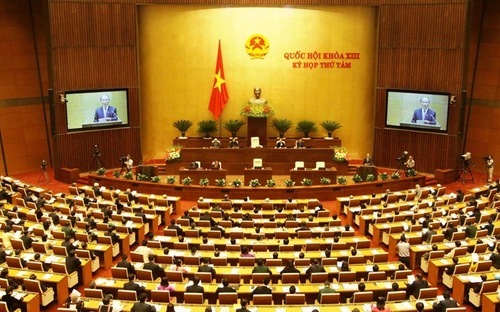



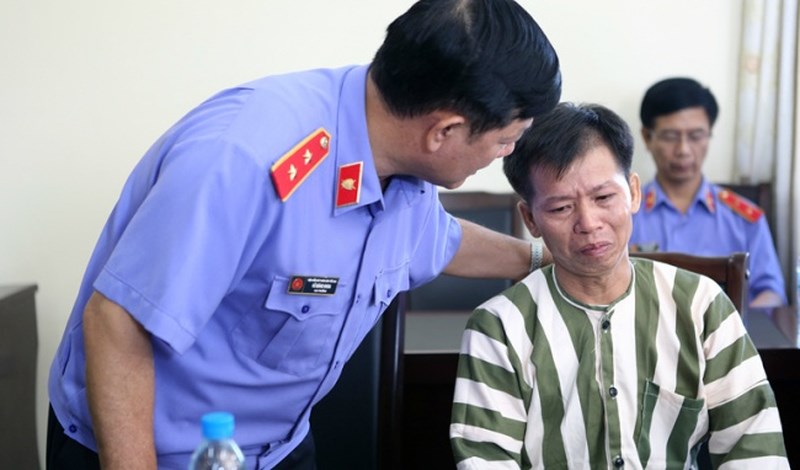

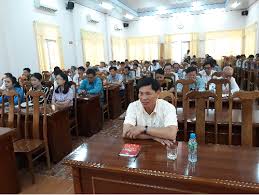

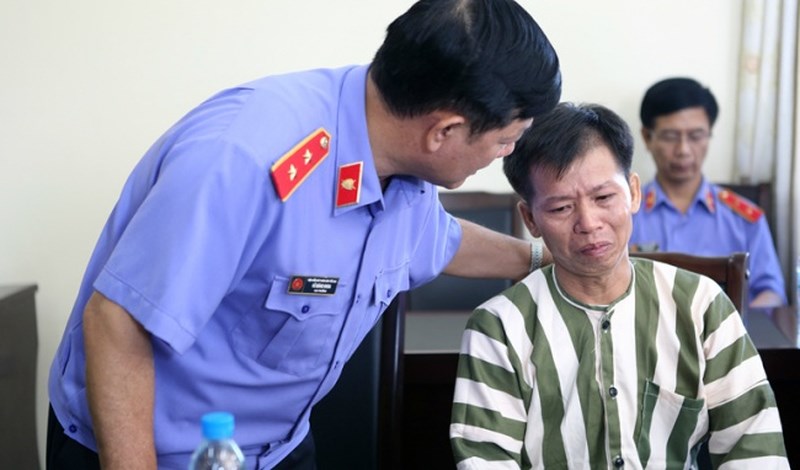

.Medium.png)
.Medium.png)
.Medium.png)
.Medium.png)
